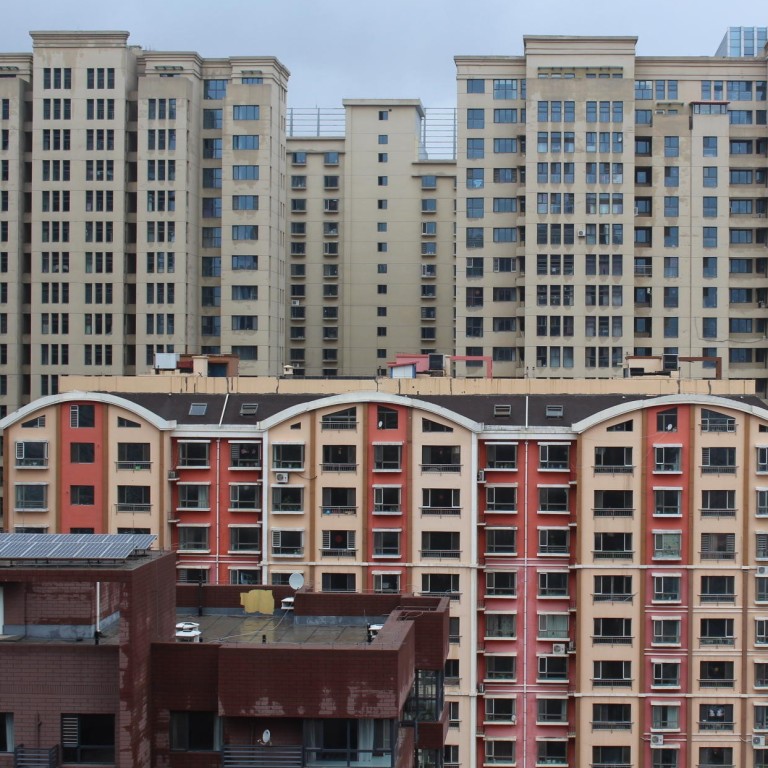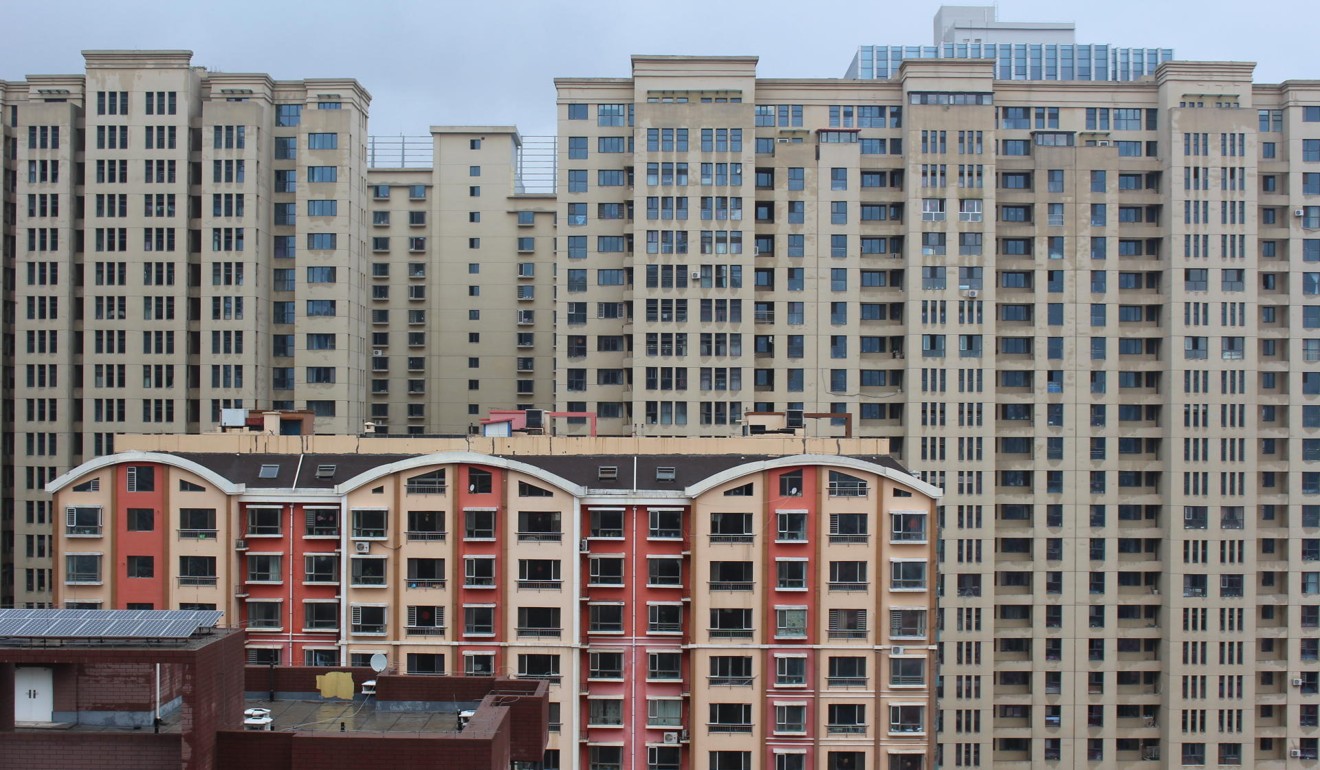
Chinese city Hohhot offers graduates 50 per cent off new homes to attract new talent
- Inner Mongolian capital targets young talent in bid to breathe new life into its ailing economy
- And for those who do not want to buy, there is a two-year, rent-free option
A city in north China is offering half-price homes or two years’ free accommodation to recent graduates in a bid to attract fresh talent and breathe new life into its economy.
According to a document published on Thursday by the municipal government, authorities in Hohhot, capital of the Inner Mongolia autonomous region, are planning to build a range of new flats especially for those who have graduated within the past three years.
Each property will measure about 100 square metres (1,100 square feet) and be offered at a discount of 50 per cent against the market price.
The government did not say how many flats it was planning to build or when they would be available but said they would go on sale from next month. To take advantage of the discount, buyers must live and work in Hohhot, and be able to make a 20 per cent down payment.

Those who already own a property in the city are excluded from the offer, and anyone who buys one of the new homes will be prohibited from selling it for five years.
In the event of a new owner having to move out of the city within that period, they will be able to sell the property back to the government or purchase the discounted portion for the going rate.
Those who meet the purchase and employment criteria but do not wish to buy their own property can apply instead for two years’ rent-free accommodation in one of the new homes, the document said.
The new initiative in Hohhot – a city of about 3 million people, or roughly the same as Chicago – is part of a wider “talent priority” strategy designed by the local government to stimulate the economy.
“[We] must insist on the policy that houses are for living, not for speculation.
While the offer of low-cost homes is likely to be well received by people moving to the city, there are concerns it could lead to a property price boom, a subject that has been discussed at the highest levels of Chinese government.
On Friday, the Politburo issued a statement saying: “[We] must insist on the policy that houses are for living, not for speculation.”
The average price of a new home in Hohhot rose by almost 23 per cent year on year in March, while the cost of a pre-owned property increased by just over 21 per cent, according to figures from the National Bureau of Statistics.
Despite last month’s increases, Zhang Zhixue, an agent with property brokerage Deyou, said the market had slowed in April but was likely to rebound on news of the new scheme.
It’s definitely good news for us. It could attract lots of university students to settle in Hohhot.
“It’s definitely good news for us,” he said. “It could attract lots of university students to settle in Hohhot.”
Property development is at the centre of China’s urbanisation plan and municipal authorities depend on profits from land sales to balance their books. According to figures released in January, the government in Hohhot plans to increase its revenue from land sales to 30 billion yuan this year.
While most provincial capitals place restrictions on property sales to people from outside their jurisdictions, the incentive scheme in Hohhot reflects a growing trend among inland cities that fear becoming marginalised as coastal metropolises vacuum up not only the lion’s share of the investment funds but also the best of the domestic talent, especially young graduates. The cities of Tianjin and Xian have launched similar incentive schemes to attract graduates.
Shen Jianguang, chief economist at JD Digit, said optimism was growing in the national property market following the release of improved sales and construction figures.
Property investment rose 11.8 per cent in the first quarter of the year, while the average sales price rose 5.6 per cent.
But “after the economic downward pressure has eased, policymakers will still make the prevention of a property bubble their priority,” he wrote in a research note.

